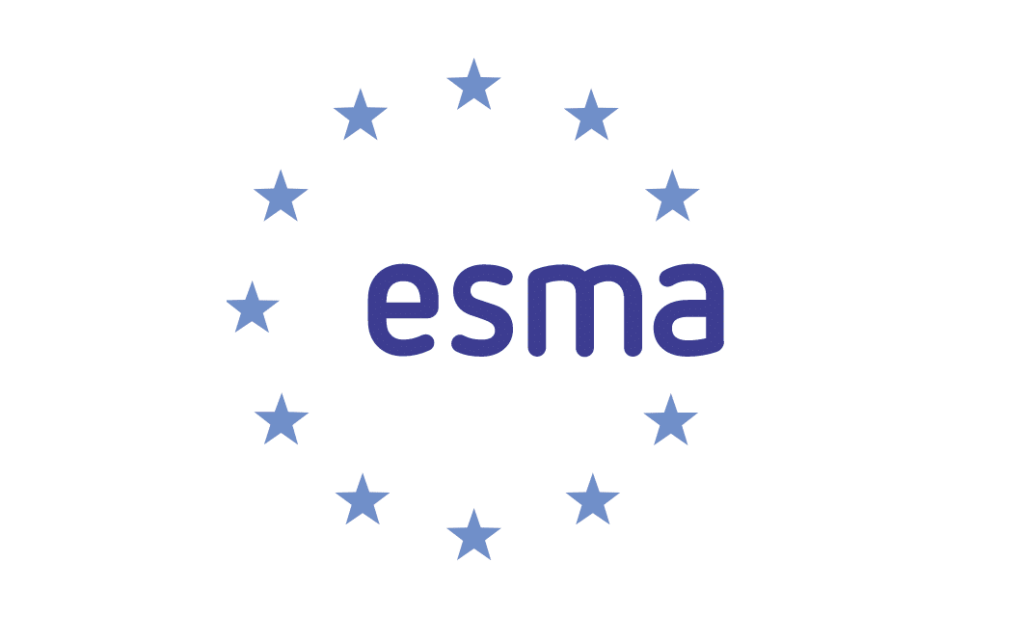The European super-regulator ESMA, or European Securities and Markets Authority, has ruled that fractional share trading is a form of derivatives trading, and is not vanilla equity trading.
In ESMA’s view, fractional trading should be subject to the same marketing, promotion and suitability rules for retail clients, as CFDs and other OTC derivative contracts.
So far this is not how the brokerage industry has treated and promoted fractional share trading, to date.
What is fractional share trading?
Fractional share trading has become increasingly popular with both brokers and clients as it allows traders and investors to take a holding in stock, regardless of the face value of its individual shares.
For example, the US-listed Booking Holdings Inc, which owns Booking.com and other travel sites, trades at around $2540 per share, which puts them out of reach of many retail traders on grounds of price and risk concentration.
But by using fractional share trading it’s possible to buy just a tenth (or other fraction) of a share in high-priced equities, which will fit far more comfortably in many retail portfolios.
ESMA classifieds fractional shares as derivatives
However, according to ESMA, fractional shareholders have invested in a derivative on a stock price, rather than the underlying equity itself and as such it believes that
“Fractional shares raise specific investor protection concerns”.
ESMA’s statement is pretty unequivocal and says that:
“Derivatives on fractions of shares are not corporate shares. No client information on these instruments, including marketing communications, shall therefore suggest to a client that he or she is being offered a fraction of a corporate share”
And that:
“As derivatives on fractions of shares are not corporate shares, firms should not use the term fractional shares when referring to these instruments. ESMA would deem such use of the term misleading and therefore in breach of MiFID II requirements.”
Fractional shares are an easy way for smaller investors to access household FAANG stocks, but much like derivatives, you do not own the underlying stock.
Marketing and financial promotion of fractional shares
Brokers will now need to revise their promotion and marketing of fractional share trading to retail clients and also assess the suitability of the product for their target audience, which ESMA says should be identified in more detail and be narrow in focus.
This is not the first time that ESMA has intervened in an established market. The regulator was the prime mover in banning binary options trading in Europe and the UK and was instrumental in instigating a reduction in the use of leverage in OTC margin trading, as well as mandating negative balance protection, and more rigorous suitability testing of retail clients.
FCA’s view on fractional shares
The UK FCA has often followed ESMA’s lead in regulatory matters however, since Brexit, in theory at least, the FCA could take a different view.
The FCA hasn’t specifically produced guidance on fractional share trading.
Though I note that fractional trading is mentioned in a research paper on the gamification of stock trading apps, a trend that FCA believes can encourage a gambling mentality among traders. This is something that the FCA’s forthcoming consumer duty rules will look to address.
I am very much in favour of innovation that benefits retail traders and investors, and fractional share trading seems to do just that. However, as with all financial promotion, such products need to be marketed correctly with appropriate risk disclosures, and all key information made available, so that consumers can make an informed choice.

With over 35 years of finance experience, Darren is a highly respected and knowledgeable industry expert. With an extensive career covering trading, sales, analytics and research, he has a vast knowledge covering every aspect of the financial markets.
During his career, Darren has acted for and advised major hedge funds and investment banks such as GLG, Thames River, Ruby Capital and CQS, Dresdner Kleinwort and HSBC.
In addition to the financial analysis and commentary he provides as an editor at GoodMoneyGuide.com, his work has been featured in publications including Fool.co.uk.
As well as extensive experience of writing financial commentary, he previously worked as a Market Research & Client Relationships Manager at Admiral Markets UK Ltd, before providing expert insights as a market analyst at Pepperstone.
Darren is an expert in areas like currency, CFDs, equities and derivatives and has authored over 260 guides on GoodMoneyGuide.com.
He has an aptitude for explaining trading concepts in a way that newcomers can understand, such as this guide to day trading Forex at Pepperstone.com
Darren has done interviews and analysis for companies like Queso, including an interview on technical trading levels.
A well known authority in the industry, he has provided interviews on Bloomberg (UK), CNBC (UK) Reuters (UK), Tiptv (UK), BNN (Canada) and Asharq Bloomberg Arabia.
You can contact Darren at darrensinden@goodmoneyguide.com



